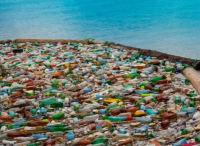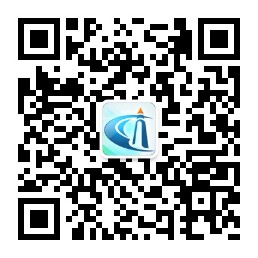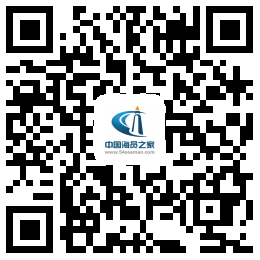印度政府与澳大利亚和新加坡政府联合举办了一场关于防治海洋污染的研讨会。重点是海洋塑料碎片。会议于2月14日和15日举行。
The Indian government jointly with the Governments of both Australia and Singapore, organized a workshop on combating marine pollution. The focus was on marine plastic debris. It was held on two days February 14 and 15.
虚拟研讨会汇集了来自创新和非正式领域的主要政府决策官员、专家、科学家和行业代表。 其目的是讨论在评估和监测海洋垃圾方面取得的研究进展,以及解决全球海洋塑料污染的可能的下一代解决方案。
The virtual workshop brought leading government policy-making officials, experts, scientists, and industry representatives from the innovation and informal domains. Its aim was to discuss research advancements made toward assessing and monitoring marine litter and possible next-gen solutions to address worldwide marine plastic pollution.
小组讨论和互动会议是讨论的组成部分。其目标是促进与会者之间的讨论,尤其是东亚峰会国家的与会者。
Panel discussions and interactive sessions were an integral part of the discussion. The target was to boost discussion amongst the participants, especially those belonging to East Asia Summit countries.
东亚峰会(East Asia Summit,简称EAS)是率先讨论战略问题的主要论坛之一,尤其是与印度洋-太平洋有关的问题。自2005年成立以来,东亚峰会一直倡导印度洋和亚太地区的区域合作、和平、安全和繁荣。东亚峰会国家认识到海洋和沿海塑料污染的挑战。
The East Asia Summit or the EAS is one of the premier forums that spearhead discussions on strategic issues, particularly those concerning the Indo-Pacific. Since it came into being in 2005, the EAS kept advocating for regional cooperation, peace, security, and prosperity of the Indian Ocean and the Asia-Pacific region. EAS countries recognize the marine and coastal plastic pollution challenges.
2019年在曼谷举行的东亚峰会第14届会议上,莫迪总理宣布了推进印太地区海事合作的议程。印度、澳大利亚和新加坡致力于促进东亚峰会的决策。
Prime Minister Modi announced the agenda of boosting maritime cooperation in the Indo-Pacific region at the 14th session of EAS conducted in Bangkok in 2019. India, Australia, and Singapore are committed to facilitating EAS decisions.
印度政府地球科学部秘书M Ravichandran博士发表了主题演讲。
Dr. M Ravichandran, the Secretary of the Ministry of Earth Sciences, Indian Government, delivered the keynote address.
他建议考虑使用人工智能(AI)、遥感和机器学习等技术工具来绘制海洋塑料分布图。他补充说,开发模型来计算我们印度洋的塑料动力学可能会有所帮助。
He recommended considering the deployment of technological tools such as artificial intelligence (AI), remote sensing, and machine learning or (ML) for mapping marine plastics distribution. He added that developing models to figure out the dynamics of plastics in our Indian ocean could help.
他强调,一种量身定制的、精心设计的、专门针对区域特色的管理技术可能会降低我们环境中的塑料含量。
He emphasized that a tailor-made and well-designed management technique specialized in regional distinctiveness may bring down plastics in our environment.
免责申明:本文来自theprint,仅代表作者观点,不代表中国海员之家立场。其真实性及原创性未能得到中国海员之家证实,在此感谢原作者的辛苦创作,如转载涉及版权等问题,请作者与我们联系,我们将在第一时间处理,谢谢!联系邮箱:cnisu@54seaman.com


 联系我们人工客服
联系我们人工客服



















 :1391995811
:1391995811


评论 (0人参与)